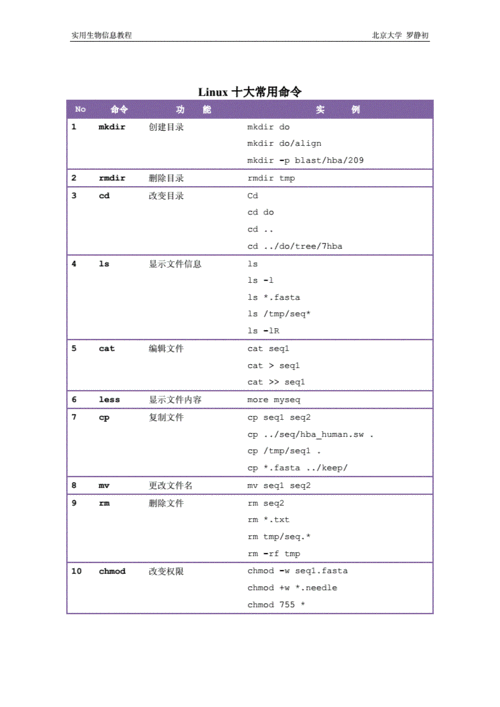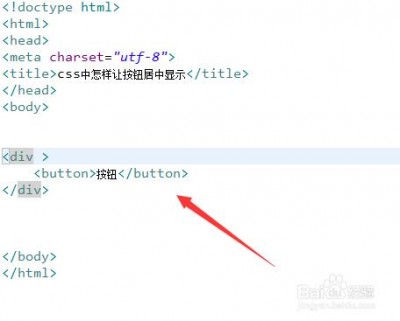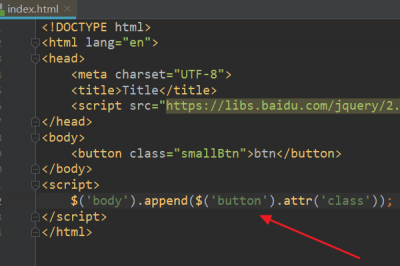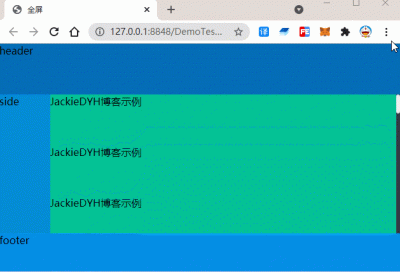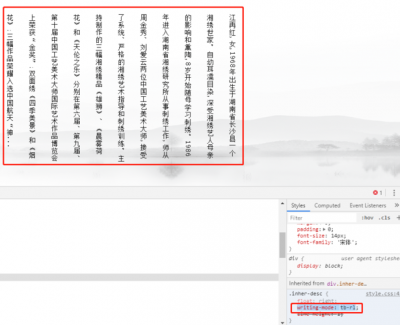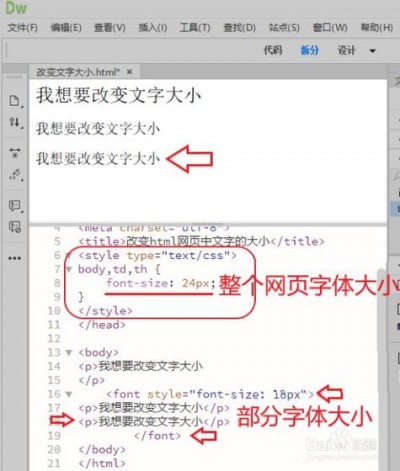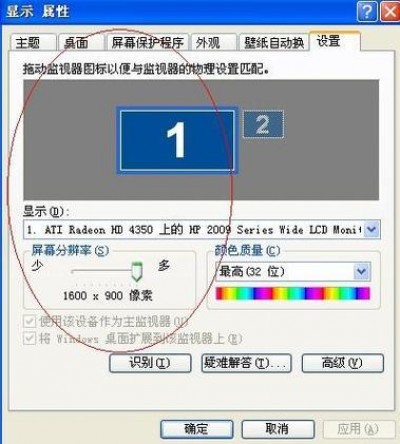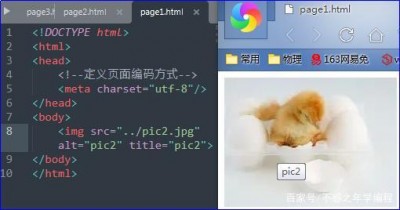Linux中常用的命令涵盖了文件管理、目录操作、进程控制、网络设置、系统配置等多个方面,以下是一些基础且常用的Linux命令,它们可以帮助用户高效地完成日常任务:
(图片来源网络,侵删)
文件和目录操作
功能 命令 描述 显示当前目录 pwd Print Working Directory 列出目录内容 ls List 切换目录 cd Change Directory 创建目录 mkdir Make Directory 删除目录 rmdir Remove Directory 创建空文件 touch Create a new file 删除文件 rm Remove 复制文件或目录 cp Copy 移动文件或目录 mv Move 查看文件内容 cat Concatenate and display file content 分页显示文件 more Display file content in pages 实时显示日志 tail Follow and display the end of a file 显示文件头部 head Output the first part of files文本处理
功能 命令 描述 文本搜索 grep Global Regular Expression Print 文本编辑 vi / vim Vi IMproved (text editor) 批量替换 sed Stream Editor系统信息
功能 命令 描述 显示系统信息 uname Print system information 查看硬件信息 hwinfo Hardware identification utility 查看磁盘空间 df Display available disk space 查看内存使用 free Show total free and used memory网络相关
功能 命令 描述 显示网络配置 ifconfig Network interface configuration 显示路由表 route Administrator’s guide to the route command 网络数据包分析 tcpdump Commandline network protocol analyzer进程管理
功能 命令 描述 显示进程 ps Process Status 结束进程 kill Send signal to process 强制结束进程 pkill Kill processes based on name 查看开机启动服务 systemctl Control the systemd system and service manager其他常用命令
功能 命令 描述 后台运行程序 nohup Run command or a script without hanging up 数字计算 bc An arbitrary precision calculator language 显示命令手册 man Manual pages viewer 管道符 Used to pass the output of one command as input to another以上只是Linux命令的冰山一角,实际上还有更多高级和特定的命令可以学习和掌握,熟悉这些基本命令是每个Linux用户的必修课,它们能够帮助你更有效地进行日常工作。
